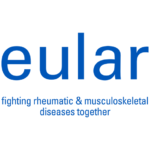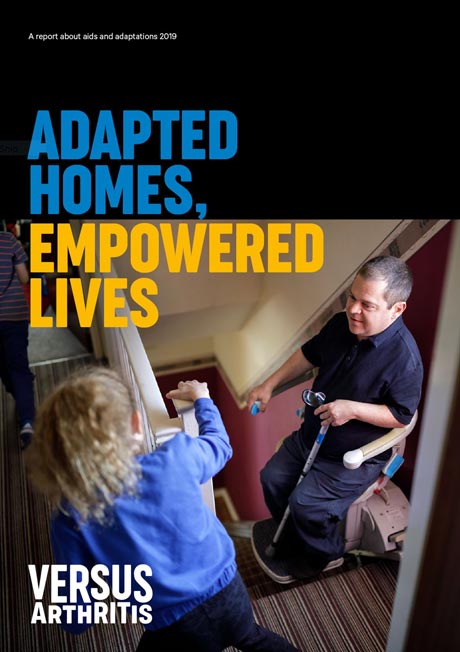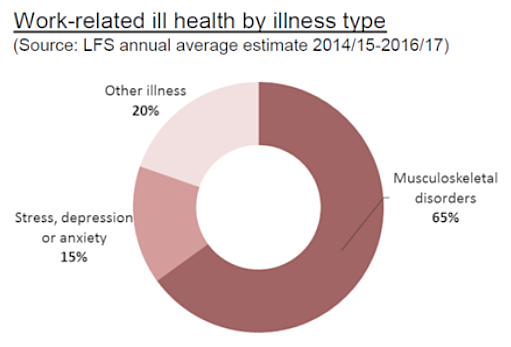
Interventions to increase physical activity
We know that keeping active is important for maintaining MSK health. The challenge is always how to encourage people to be more active. This themed review from NIHR provides some evidence about what works (and what doesn’t).
The review outlines evidence from over 50 studies of what is effective in getting people more active. Evaluations range from programmes in schools and communities to changes in transport and the environment, which are designed to promote greater activity.…
Read more of this article




 this work, drawing on the experiences of over 100 collaborators to give an overview of why this challenge warrants attention and promising opportunities to improve care.…
this work, drawing on the experiences of over 100 collaborators to give an overview of why this challenge warrants attention and promising opportunities to improve care.… 
 Last year, ARMA members helped Glykeria Skamagki, the senior lecturer in Physiotherapy at Coventry University, with the first stage of a study into chronic musculoskeletal conditions and their management at the workplace. The results were very interesting and now to follow-up the researchers are conducting a survey to identify the strategies that older employees use to manage chronic musculoskeletal conditions at the workplace.
Last year, ARMA members helped Glykeria Skamagki, the senior lecturer in Physiotherapy at Coventry University, with the first stage of a study into chronic musculoskeletal conditions and their management at the workplace. The results were very interesting and now to follow-up the researchers are conducting a survey to identify the strategies that older employees use to manage chronic musculoskeletal conditions at the workplace.
 IMplementation of Physical Activity into routine Clinical pracTice in Rheumatic Musculoskeletal Disease
IMplementation of Physical Activity into routine Clinical pracTice in Rheumatic Musculoskeletal Disease
 A team of researchers and clinicians from the University of East Anglia’s School of Health Sciences and the Norfolk and Norwich University Hospitals NHS Foundation Trust are looking for contributors/partners to help in their next project. The project would involve an application for NIHR Research for Patient Benefit (tier 3) funding.
A team of researchers and clinicians from the University of East Anglia’s School of Health Sciences and the Norfolk and Norwich University Hospitals NHS Foundation Trust are looking for contributors/partners to help in their next project. The project would involve an application for NIHR Research for Patient Benefit (tier 3) funding.






